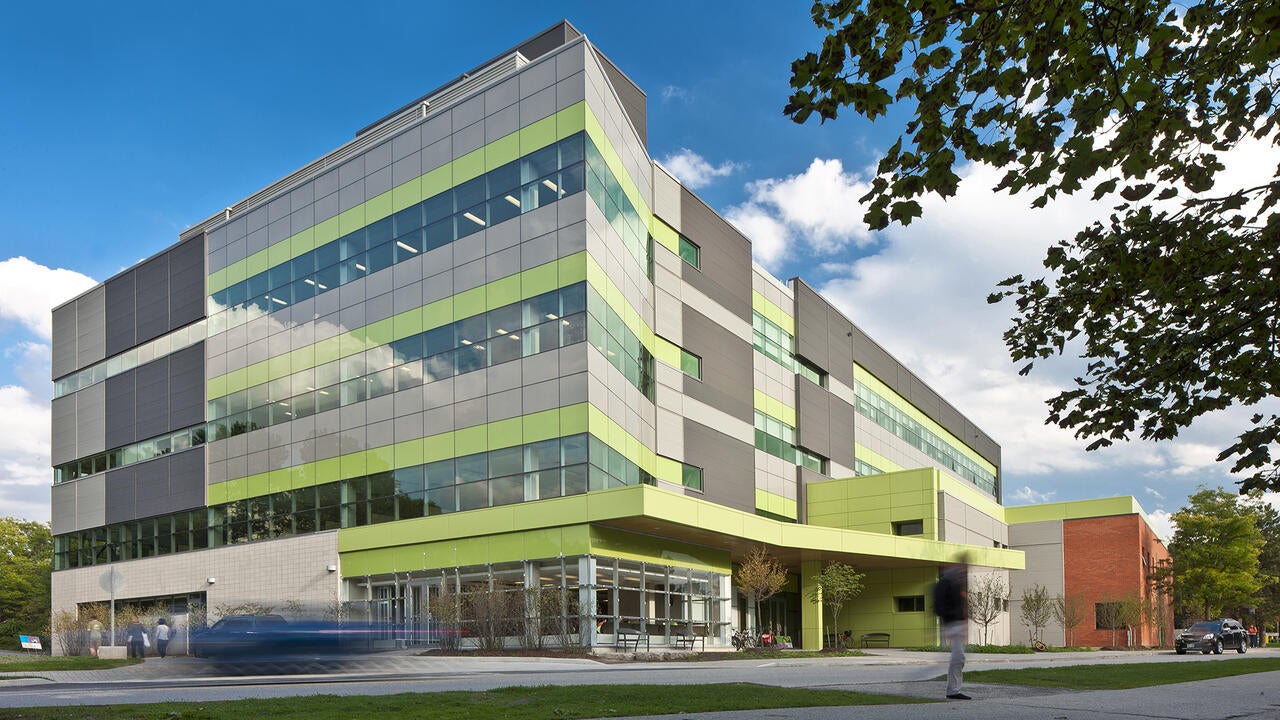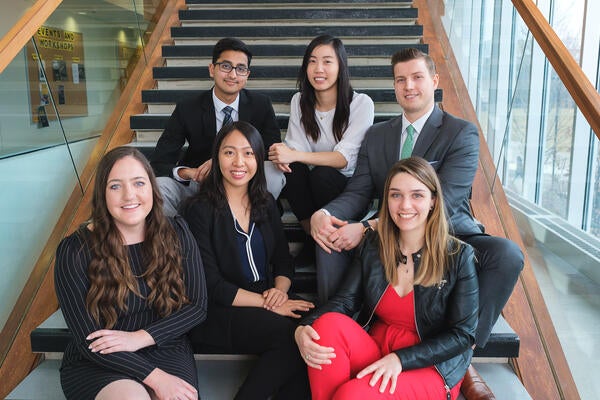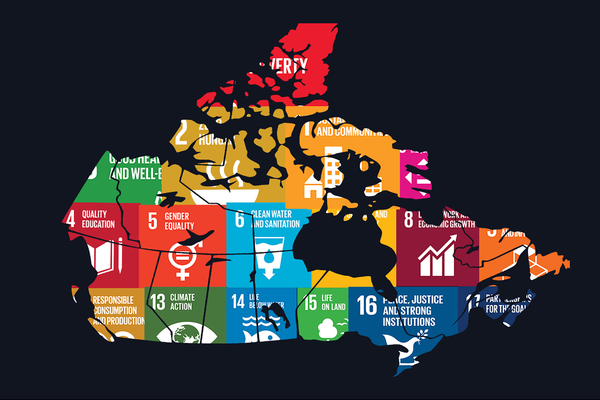
Waterloo ranks 13 in global University Impact Rankings 2019
New global impact rankings measure the social and economic impact universities are making in the world

New global impact rankings measure the social and economic impact universities are making in the world
By University RelationsThe University of Waterloo has ranked 13 in the world in Times Higher Education’s (THE) University Impact Rankings 2019.
THE’s pioneering initiative was developed to recognize universities across the world for their social and economic impact based on the United Nations’ (UN) Sustainable Development Goals. The rankings measured the efforts of more than 500 universities in 75 countries. The UN’s 17 goals aim to make the world a better place for everyone by confronting the biggest issues affecting our world. Our ranking is based on our performance in Sustainable Development Goal number 17 — Partnership for the Goals, as well as, goal 11 — Sustainable Cities and Communities, goal 13 — Climate Action and goal 10 — Reduced Inequalities.
“The University of Waterloo has long valued the principles underpinning the United Nations SDGs, particularly as they relate to gender equality, innovation and sustainability,” said Feridun Hamdullahpur, president and vice-chancellor at Waterloo. “Given the global imperative in these areas, our focus an attention will only intensify in the months and years to come.”
In partnership with the Waterloo Global Science Initiative, Waterloo is home to Canada’s largest Faculty of Environment and is the founding institution of Canada’s Sustainable Development Solutions Network. Waterloo’s partnership with the UN lays out a course for a better future we can all achieve together.
Waterloo is a critical hub for talent and discovery across sectors and disciplines to foster innovation with impact. Our Global Impact Report is a glimpse at how our exceptional students, faculty and alumni are connecting across disciplines and traditional boundaries to find solutions we need to create a better, more prosperous future for everyone.
Social impact is at the heart of many of the topics our researchers are exploring, such as the policy imperatives to manage climate change, technologies to mitigate pollution and the advancement of women in STEM fields. Sarah Burch, a professor in the Faculty of Environment, is examining the social and political challenge to slowing climate change, Lauren Smith, a PhD candidate in the Faculty of Environment, has co-founded a startup to tackle microplastics in our water and Pampa Dey, an alumnus of the Faculty of Engineering, is inspiring the next generation of women in STEM.

Read more
From printing 3D kidneys to helping pregnant women in Uganda, meet the students making a difference while building a career

Read more
Waterloo’s partnership with the United Nations lays out a course for a better future we can all achieve together

Read more
Breadth and depth of academic excellence recognized as Waterloo solidifies its standing as one of the world’s top innovation universities.
The University of Waterloo acknowledges that much of our work takes place on the traditional territory of the Neutral, Anishinaabeg, and Haudenosaunee peoples. Our main campus is situated on the Haldimand Tract, the land granted to the Six Nations that includes six miles on each side of the Grand River. Our active work toward reconciliation takes place across our campuses through research, learning, teaching, and community building, and is co-ordinated within the Office of Indigenous Relations.